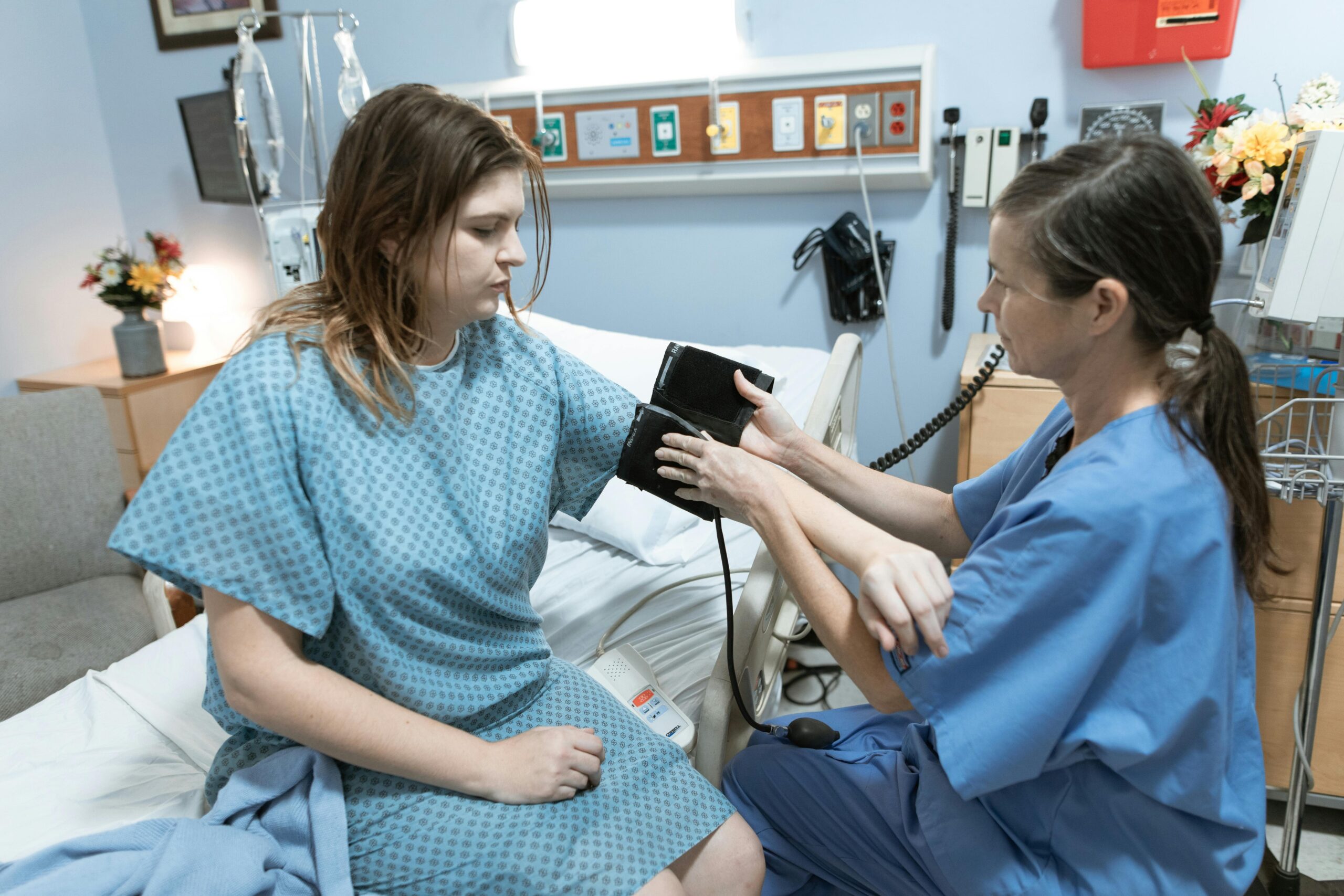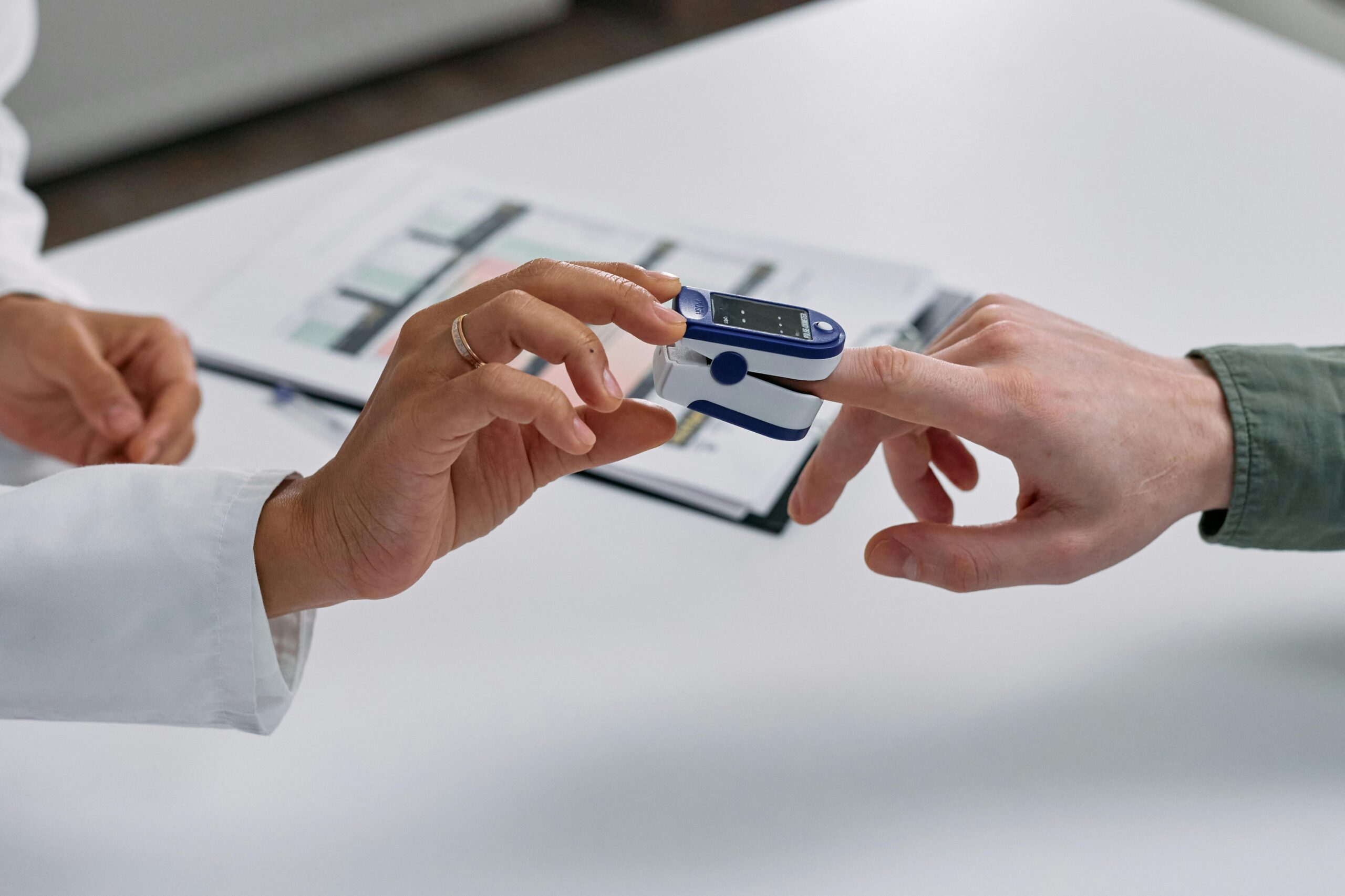Introduction
When it comes to addiction treatment, few therapies have generated as much intrigue and controversy as ibogaine. Touted by some as a life-changing breakthrough and dismissed by others as risky or unproven, ibogaine sits at the crossroads of ancient tradition, modern neuroscience, and public debate. Over the years, it has gained a reputation for its ability to help people interrupt patterns of substance use, particularly opioid dependence, with reports of reduced withdrawal symptoms and cravings. At the same time, stories of dangerous side effects, medical complications, and even fatalities have led many to question its safety. The truth, as is often the case, lies somewhere in between hype and fear. In this post, we will take a detailed look at what is known about ibogaine’s safety profile, what myths have surrounded it, and how to distinguish between legitimate risks and misinformation. By the end, you will have a clearer understanding of ibogaine’s potential and its limitations so you can make informed choices about treatment options.
What is Ibogaine and Why the Debate About Safety?
Ibogaine is a psychoactive alkaloid extracted from the root bark of the Tabernanthe iboga plant, which is native to Central Africa. In traditional settings among the Bwiti people of Gabon, Cameroon, and the Republic of Congo, iboga has been used for centuries in ceremonial contexts to promote spiritual insight, healing, and initiation into adulthood. In modern times, ibogaine has drawn interest for its ability to interrupt addictive patterns, particularly with opioids, cocaine, alcohol, and other substances. The reason safety is such a central part of the ibogaine conversation is that this is not a mild or short-acting substance. Ibogaine produces an intense psychoactive experience that can last 24 hours or more and affects multiple systems in the body, including the heart. Unlike many conventional treatments, ibogaine is not approved for use in the United States and remains a Schedule I controlled substance. This has pushed it into unregulated environments in other countries, where safety standards can vary greatly.
Myth 1: Ibogaine is Completely Safe Because it is Natural
One of the most persistent myths about ibogaine is that because it is derived from a plant, it must be inherently safe. This assumption is common with many herbal or plant-based treatments, but it is not accurate. Many natural substances are highly potent and can be toxic if taken in the wrong dose or by individuals with certain medical conditions. Ibogaine affects the electrical activity of the heart by prolonging the QT interval, which can lead to dangerous arrhythmias such as Torsades de Pointes. This risk exists regardless of the source of the compound and is particularly concerning in individuals with pre-existing heart conditions, electrolyte imbalances, or certain genetic predispositions. Additionally, ibogaine is metabolized by the liver and can cause problems for those with impaired liver function. It can also produce nausea, vomiting, ataxia, and psychological distress. Being natural does not mean being without risk, and ibogaine’s potential for harm is well documented in medical literature.
Myth 2: Ibogaine is Inherently Dangerous and Should Never Be Used
On the opposite side of the spectrum is the belief that ibogaine is too dangerous to be considered for any therapeutic purpose. While there are real risks, this view overlooks the growing body of observational evidence and the reports from individuals who have experienced profound benefits from carefully managed ibogaine sessions. In settings where ibogaine is administered with medical oversight, including pre-treatment screening and continuous cardiac monitoring, the risks can be significantly reduced. Studies from clinics in Mexico, New Zealand, and Brazil have documented positive outcomes for people who have struggled with addiction for years. This does not mean ibogaine is risk-free, but it does suggest that context, preparation, and supervision make a major difference in safety.
Understanding the Real Risks
The most serious risk associated with ibogaine is cardiac arrest due to QT interval prolongation. This can happen if the individual has an undiagnosed heart condition, if they are taking medications that also prolong QT interval, or if electrolyte levels are abnormal. This is why responsible clinics perform an electrocardiogram (ECG) before treatment and monitor the heart throughout the session. Other risks include seizures, severe gastrointestinal distress, and in rare cases, serotonin syndrome if ibogaine is taken alongside certain antidepressants. Psychological risks also exist. The intense visions and emotional processing during an ibogaine session can be overwhelming, and for individuals with certain psychiatric conditions, it may exacerbate symptoms rather than alleviate them. Proper screening should include a mental health evaluation to determine suitability.
Why Location and Provider Matter
Because ibogaine is not legal in the United States, people often travel abroad to access treatment. This can mean crossing into countries like Mexico or Costa Rica, where ibogaine is unregulated or permitted. The quality of care varies dramatically between providers. Some operate fully equipped medical facilities with licensed doctors, defibrillators, and emergency protocols. Others may operate in residential homes with minimal equipment and unverified staff credentials. The difference between a safe experience and a dangerous one often comes down to the provider’s qualifications and the environment in which ibogaine is administered. Prospective clients should verify licensing, request proof of medical staff credentials, and ask specific questions about emergency procedures.
Myth 3: Ibogaine Works the Same Way for Everyone
Another common misconception is that ibogaine produces predictable results for everyone who takes it. While many report significant reductions in withdrawal symptoms and cravings, these effects are not universal. Variables such as the individual’s substance use history, metabolism, mental health, and even expectations can influence the outcome. Some people find the experience profoundly transformative, while others see minimal change. This variability underscores the importance of viewing ibogaine not as a guaranteed cure but as one possible tool in a broader recovery plan.
Screening and Preparation: The First Line of Safety
Medical screening is one of the most critical safety steps for anyone considering ibogaine therapy. This typically includes a thorough medical history review, ECG, liver function tests, and screening for medications that may interact with ibogaine. In some cases, additional cardiac testing such as echocardiography may be warranted. Preparation also involves tapering off certain medications and abstaining from substances that could cause dangerous interactions. A well-prepared patient is less likely to experience serious complications, and preparation should never be rushed or skipped.
The Role of Dosage in Safety
Ibogaine dosing is not a one-size-fits-all process. The therapeutic dose is typically calculated based on body weight, but other factors such as liver function and prior ibogaine exposure are also considered. Too high a dose can increase the risk of heart complications and psychological overwhelm, while too low a dose may not produce the desired therapeutic effects. Experienced providers adjust dosing carefully and monitor the patient’s response throughout the session.
Myth 4: Ibogaine is a Standalone Cure for Addiction
Some promoters of ibogaine suggest that a single session can “cure” addiction permanently. While there are cases where individuals have maintained long-term abstinence after ibogaine treatment, most research indicates that relapse is common without ongoing support. Ibogaine can interrupt withdrawal and cravings, giving people a valuable window of opportunity to make changes, but without integration and follow-up care, old patterns often return. This is why most reputable providers strongly recommend aftercare programs, therapy, or continued participation in recovery communities.
Post-Treatment Integration and Ongoing Safety
The period after ibogaine treatment is a crucial time for safety and success. Physically, the body may still be adjusting, and it is important to avoid substances or medications that could interact negatively with ibogaine’s metabolites, which remain in the system for days. Psychologically, individuals are often more open and emotionally sensitive, making them vulnerable to stress or relapse triggers. Integration work can involve therapy, support groups, mindfulness practices, and lifestyle changes. This is not only about sustaining sobriety but also about consolidating the insights gained during the ibogaine experience into meaningful, lasting change.
Myth 5: Deaths From Ibogaine Are Always Due to the Drug Itself
While there have been deaths associated with ibogaine use, investigations have shown that many were linked to pre-existing health conditions, unreported substance use, or lack of medical supervision. This does not excuse the risks, but it highlights that context matters. Ibogaine can be lethal if taken without proper screening or in an unsafe environment, but when administered by qualified professionals in a clinical setting with appropriate equipment, the risk of fatality appears significantly lower.
What the Research Says About Ibogaine Safety
Research into ibogaine’s safety is ongoing but remains limited compared to conventional treatments. A 2018 review in the Journal of Psychopharmacology found that while adverse events are possible, most could be mitigated by proper screening, medical supervision, and adherence to dosing guidelines. Another observational study in Mexico reported that with careful patient selection and monitoring, no serious adverse cardiac events occurred among participants. However, these studies are not randomized controlled trials, and more rigorous research is needed to establish a comprehensive safety profile.
Practical Steps to Reduce Risk
If you or someone you know is considering ibogaine therapy, the following steps can improve safety:
-
Choose a clinic with licensed medical staff and documented emergency protocols
-
Undergo full medical and psychiatric screening before treatment
-
Disclose all medications, supplements, and substance use to the provider
-
Ensure continuous cardiac monitoring during the session
-
Have a plan for integration and ongoing recovery support afterward
Actionable Takeaways
-
Ibogaine is not inherently safe just because it is natural
-
The greatest medical risk is cardiac complications, which can be mitigated with screening and monitoring
-
Safety depends heavily on the provider, location, and preparation
-
Ibogaine is not a guaranteed cure and should be part of a broader recovery plan
-
Post-treatment integration is essential for both safety and effectiveness
Conclusion
Ibogaine’s reputation is shaped by both inspiring success stories and cautionary tales. The reality is that ibogaine carries real risks that should not be ignored, but these risks can be significantly reduced when treatment is approached with thorough medical preparation, professional oversight, and a commitment to ongoing recovery work. Dispelling myths about ibogaine is essential for anyone considering this therapy. Believing it is completely safe can lead to dangerous complacency, while believing it is always dangerous can prevent people from exploring an option that could be beneficial in the right circumstances. At Renew Health, we advocate for informed decision-making and the highest standards of care. If ibogaine is part of your recovery path, make sure it is approached with respect, caution, and a solid plan for integration afterward.
Renew Health: Your Partner in Ibogaine Therapy Care
Phone: 575-363-HELP (4357)
Website: www.renewhealth.com




